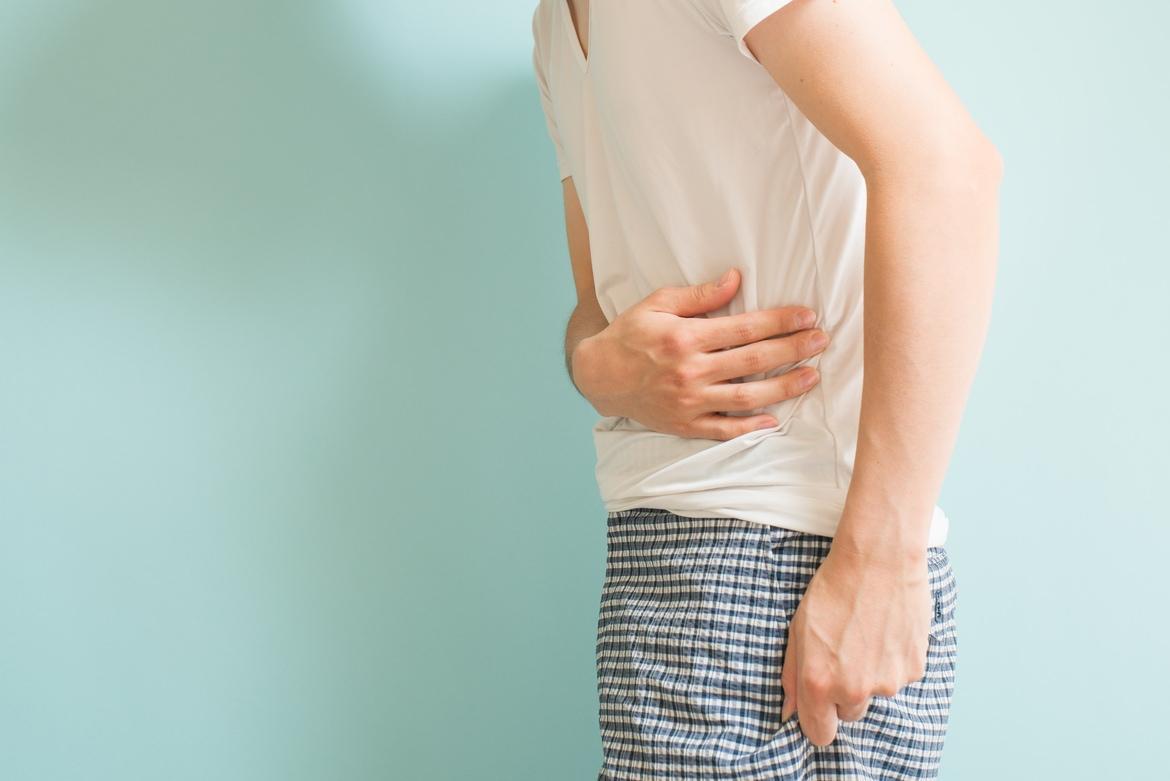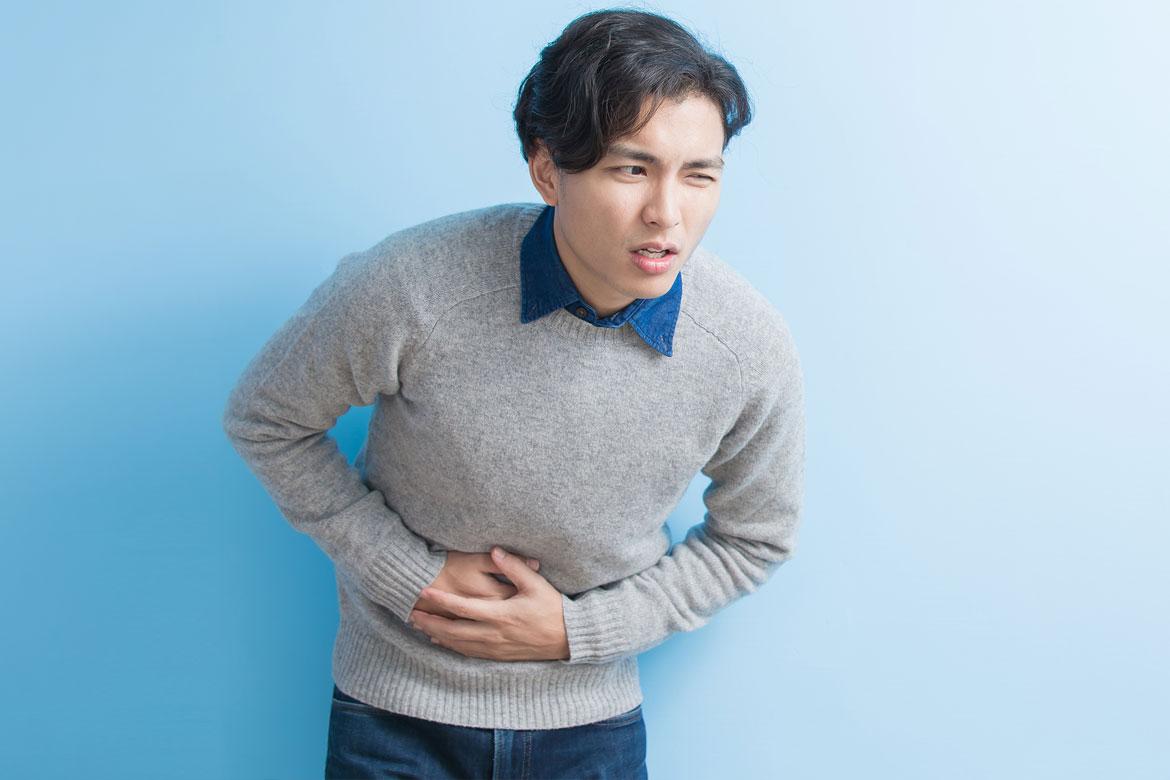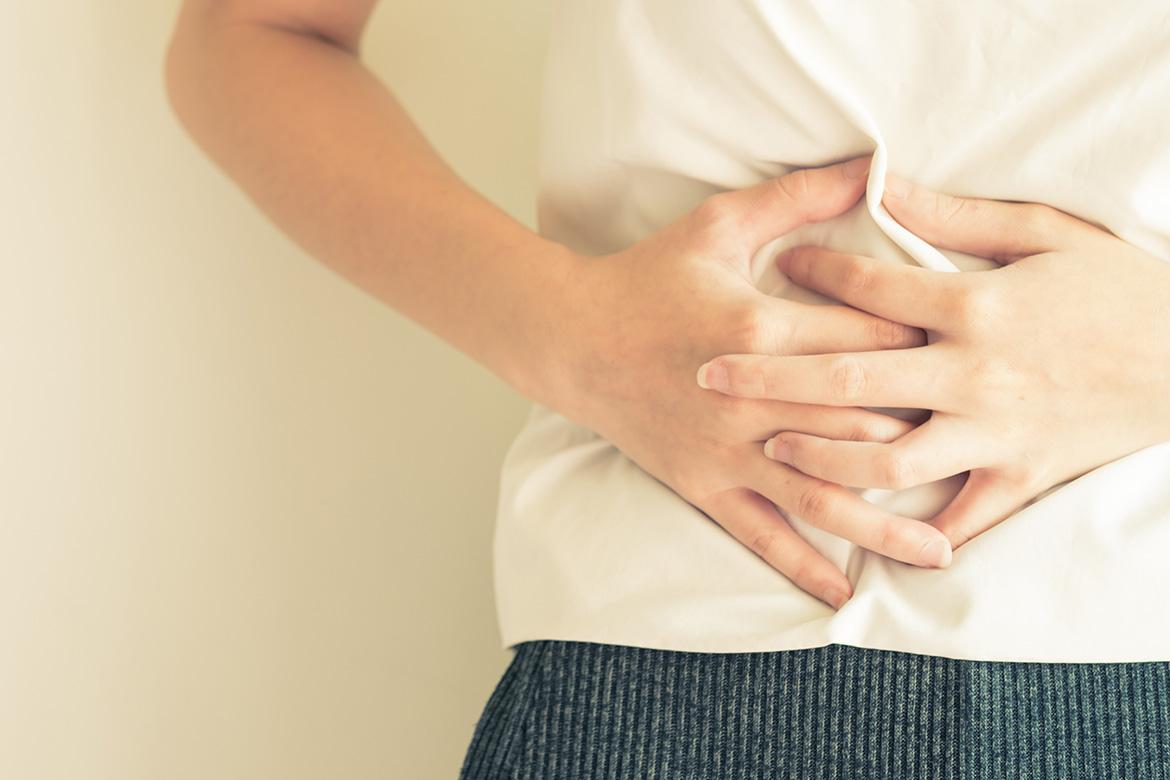-
-
Featured Care Areas

Stomach Flu & Food Poisoning (Gastroenteritis)
How is gastroenteritis treated?
In most cases, gastroenteritis will resolve on its own. For persistent or severe symptoms, antibiotics may be prescribed if the gastroenteritis is not caused by a virus.
For gastroenteritis in young children, avoid over-the-counter medications that stop vomiting or diarrhoea. Bring your child to a doctor if their symptoms are not resolving or if they are unable to keep in fluids.
Managing mild symptoms
To manage mild symptoms of gastroenteritis:
- Increase fluid intake but drink in small, frequent amounts. Try drinking water every 30 minutes – 1 hour. Do not drink too much at once to prevent vomiting. An alternative to water is frozen ice popsicles.
- Rehydrate with electrolytes. Oral rehydration solutions or sports drinks can help to replenish water as well as electrolytes. However, try to avoid sugary drinks. If you are caring for an infant, speak to your doctor to find out which infant solutions are best.
- Eat easily digestible foods. Once vomiting subsides, eat stomach-friendly foods such as rice, potatoes, toast and bananas. Slowly reintroduce your usual diet as you start to feel better. Avoid alcohol, caffeine and foods high in sugar or fat.
- Consider taking probiotics.
- Get plenty of rest.
When should you seek medical attention?
If symptoms persist, or if in doubt, speak to a doctor or visit the Urgent Care Centre (UCC).
If your child has diarrhoea beyond 1 week, exclude milk and all dairy products for about 2 weeks. This is because some children become briefly intolerant to milk after a prolonged bout of gastroenteritis. Alternatives to milk include soy milk or lactose-free formulas.
This coverage checker is brought to you by Health Insured, an online resource that helps you understand your health coverage in Singapore.
This page has been reviewed by our medical content reviewers.
Need help?
For enquiries, please call
+65 6377 3737
For appointment bookings, please WhatsApp
+65 8111 3777







